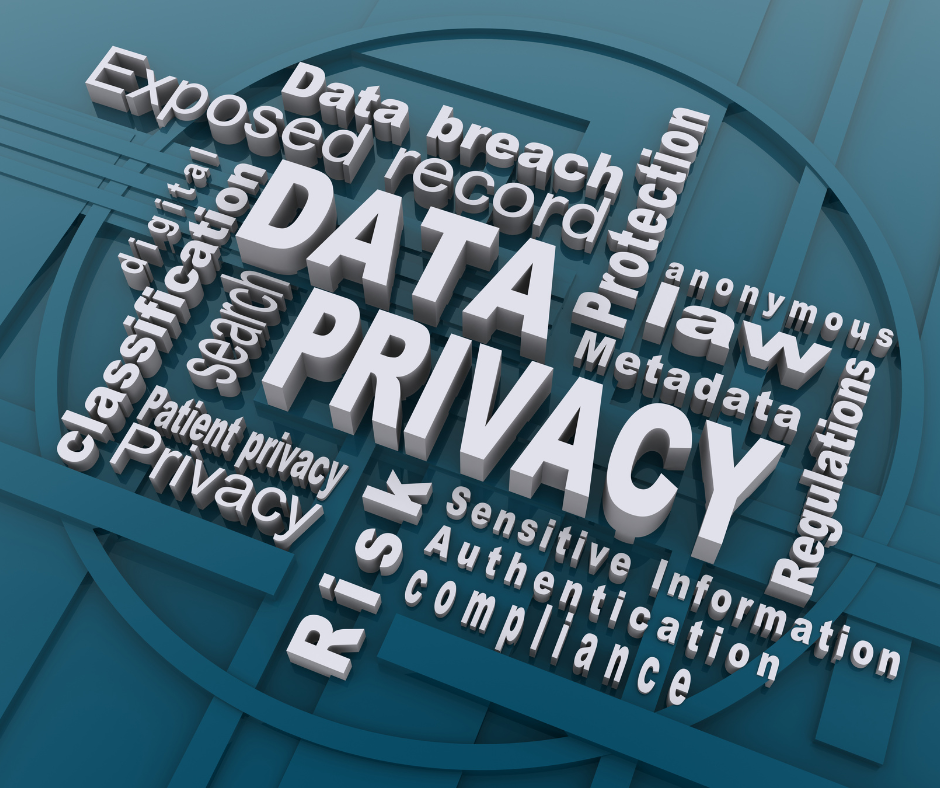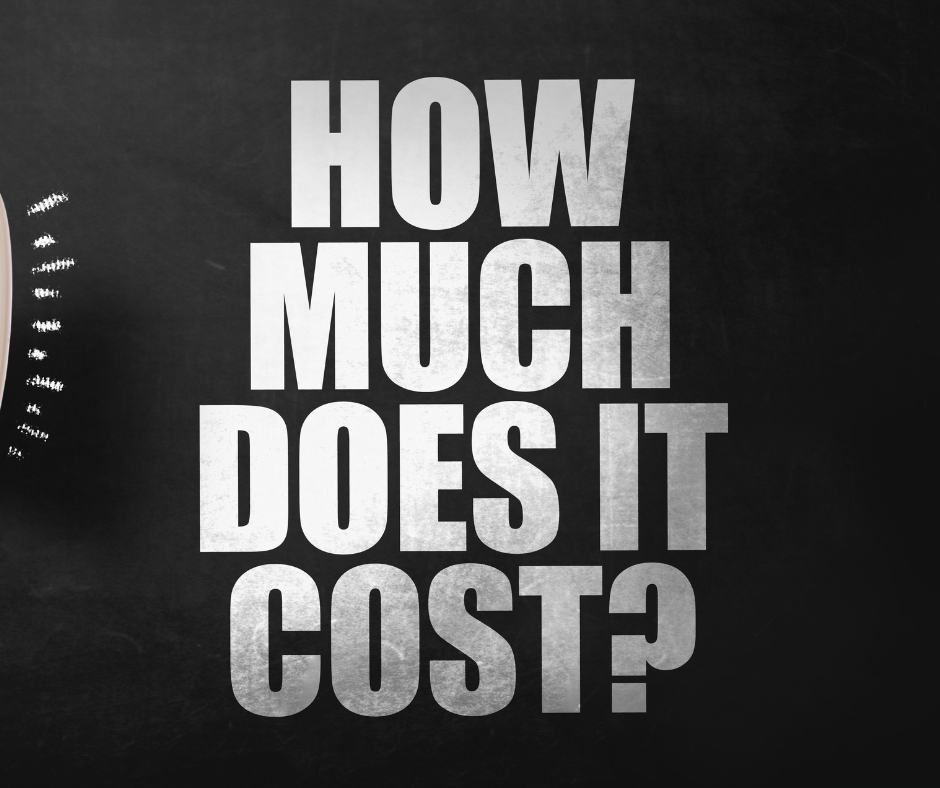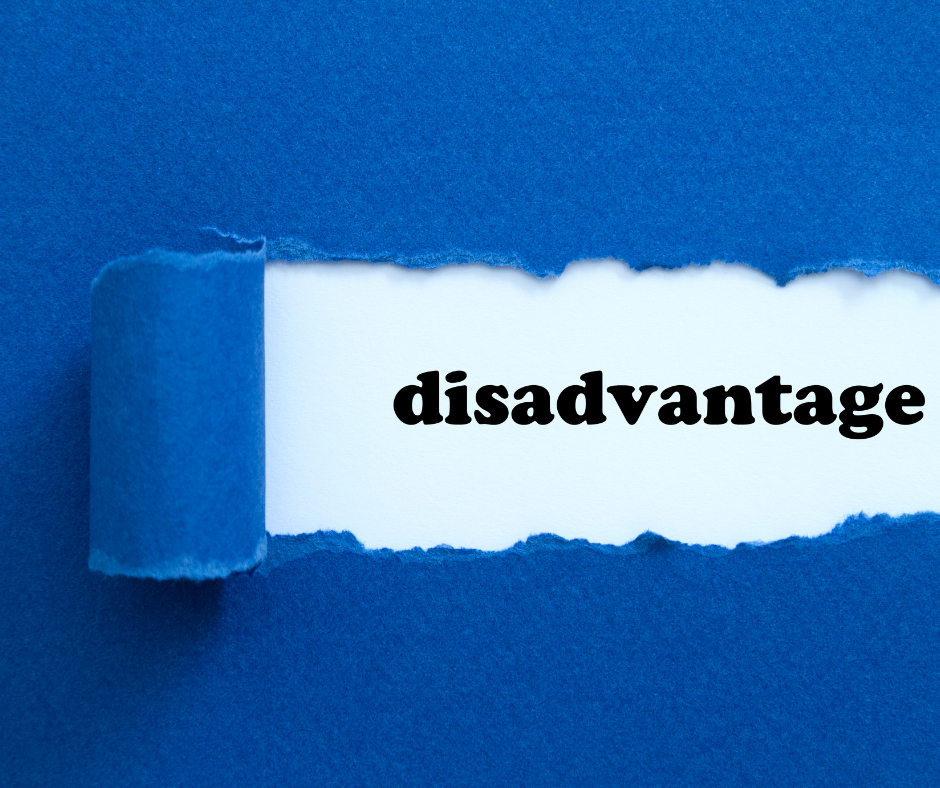Introduction: The Intersection of Social Media and Privacy
Social media has transformed the way we communicate, share information, and conduct business. Platforms such as Facebook, Instagram, Twitter (X), LinkedIn, and TikTok have become integral to daily life, enabling individuals and businesses to connect on an unprecedented scale. However, with this increased connectivity comes growing concerns about data privacy, security, and regulatory oversight.
As billions of users share personal information online, governments and regulatory bodies worldwide are striving to establish robust privacy laws to protect users from data misuse, unauthorized surveillance, and cyber threats. Global Defense Venture explores how social media has influenced privacy laws and the regulatory landscape, highlighting key challenges, legal developments, and the future of digital privacy.
The Evolution of Privacy in the Digital Age
Traditionally, privacy was defined by physical boundaries—what was kept behind closed doors remained private. However, the digital age has blurred these lines, making personal data accessible with just a few clicks.
- The Shift from Offline to Online Privacy
- Before social media, privacy concerns were mostly related to physical documents, government surveillance, and direct data collection by organizations.
- The rise of digital platforms enabled mass data collection, tracking, and targeted advertising, raising new concerns about user privacy.
- The Era of Data Monetization
- Social media companies generate billions of dollars through targeted advertising, which relies on user data collection, behavioral tracking, and AI-powered analytics.
- Many platforms use algorithms to personalize content, but this comes at the cost of user privacy.
Key Privacy Challenges Posed by Social Media
Social media’s ability to collect and distribute vast amounts of data has introduced several privacy challenges that have prompted legislative responses.
1. Data Collection and User Consent
- Social media platforms track users’ activities, preferences, locations, and interactions.
- Many users unknowingly grant access to personal data through terms of service agreements, often written in complex legal language.
- The lack of transparency regarding data usage has led to legal challenges against tech giants.
2. Data Breaches and Cybersecurity Threats
- High-profile data breaches, such as the Cambridge Analytica scandal (which involved Facebook), exposed millions of users’ personal information.
- Hackers target social media platforms to steal data, commit identity theft, and exploit personal information for financial gain.
3. Government Surveillance and Social Media Monitoring
- Governments worldwide use social media for intelligence gathering, national security monitoring, and law enforcement.
- In some cases, government surveillance raises concerns about civil liberties and freedom of expression.
4. AI and Facial Recognition
- Social media companies use AI-driven facial recognition technology for tagging and security purposes.
- This technology has sparked debates on biometric privacy and the risk of misuse by governments and corporations.
5. The Right to Be Forgotten
- Users often struggle to delete personal information permanently from social media.
- The “Right to Be Forgotten” concept, introduced in Europe, allows individuals to request the removal of their data from search engines and social media platforms.
Regulatory Responses: Global Privacy Laws and Social Media
As privacy concerns grow, governments worldwide have implemented stringent regulations to hold social media companies accountable.
1. General Data Protection Regulation (GDPR) – Europe
- Implemented in 2018, GDPR is one of the most comprehensive data privacy laws globally.
- Requires companies to obtain explicit user consent before collecting personal data.
- Grants users the right to access, rectify, and delete their data.
- Hefty fines for non-compliance (e.g., Facebook and Google have faced billions in penalties).
2. California Consumer Privacy Act (CCPA) – United States
- Enacted in 2020, CCPA gives California residents control over their personal data.
- Requires businesses to disclose data collection practices and allow users to opt out of data sales.
- Inspired similar privacy laws in other U.S. states.
3. Personal Data Protection Act (PDPA) – Singapore
- Regulates data collection, storage, and usage by businesses and social media platforms.
- Mandates businesses to implement robust data protection measures.
4. China’s Personal Information Protection Law (PIPL)
- China introduced PIPL in 2021 to regulate data collection and cross-border data transfers.
- Imposes strict requirements on tech companies operating in China.
5. India’s Digital Personal Data Protection Act (DPDPA)
- India’s evolving data privacy laws aim to enhance user control over personal information.
- Includes regulations on data localization and penalties for non-compliance.
The Future of Social Media Privacy Regulations
As technology evolves, new privacy concerns and regulatory trends will shape the future of social media governance.
1. Stricter AI and Data Protection Policies
- Governments may impose stricter regulations on AI-driven data collection and facial recognition.
- Ethical AI development will become a priority.
2. Blockchain for Data Privacy
- Blockchain technology could provide decentralized, secure data storage solutions.
- Users may gain more control over their personal information.
3. Global Standardization of Privacy Laws
- Efforts to create universal privacy laws may increase, ensuring cross-border data protection.
4. Enhanced Consumer Rights and Transparency
- Future regulations will likely focus on clearer data policies and user empowerment.
Conclusion: Balancing Innovation and Privacy Protection
Social media has revolutionized communication and business, but it has also raised significant privacy concerns. While governments have implemented privacy laws to regulate data collection and ensure user protection, the landscape is constantly evolving.
As Global Defense Venture highlights, individuals, businesses, and policymakers must work together to strike a balance between technological innovation and privacy rights. Users should remain aware of their digital footprints, while corporations must adopt ethical data practices to foster trust and compliance.
In the digital age, privacy is power. The question remains: Are we doing enough to protect it?






